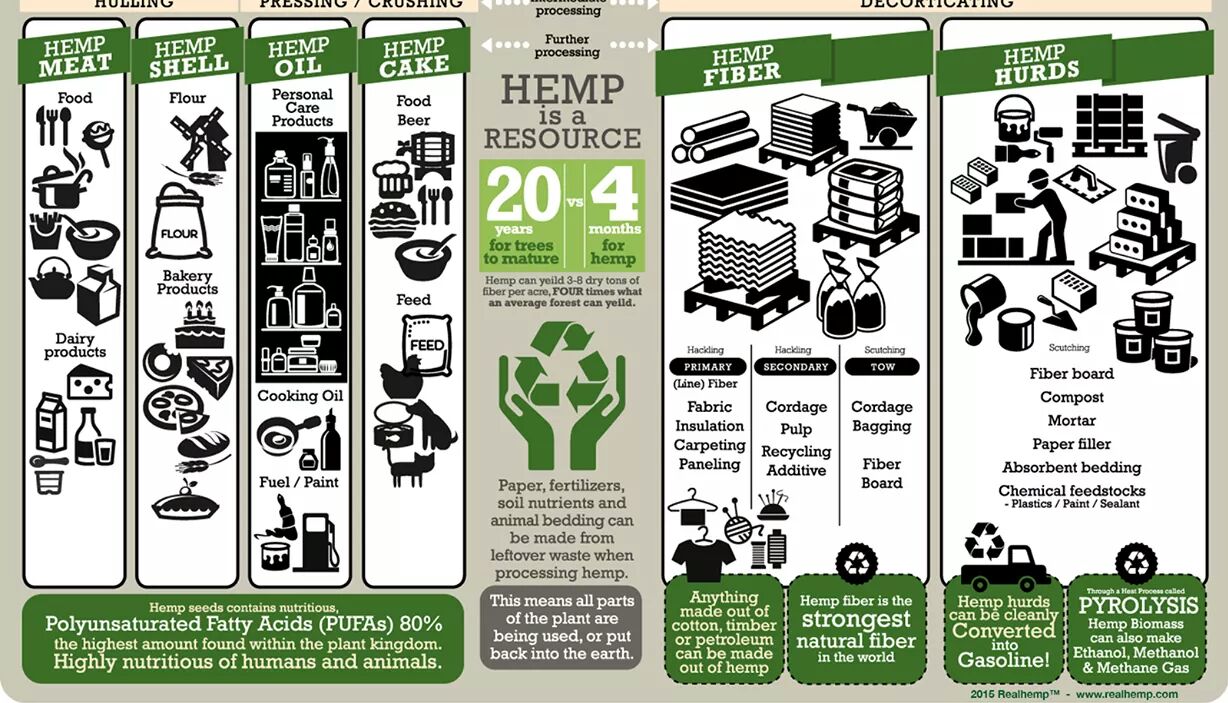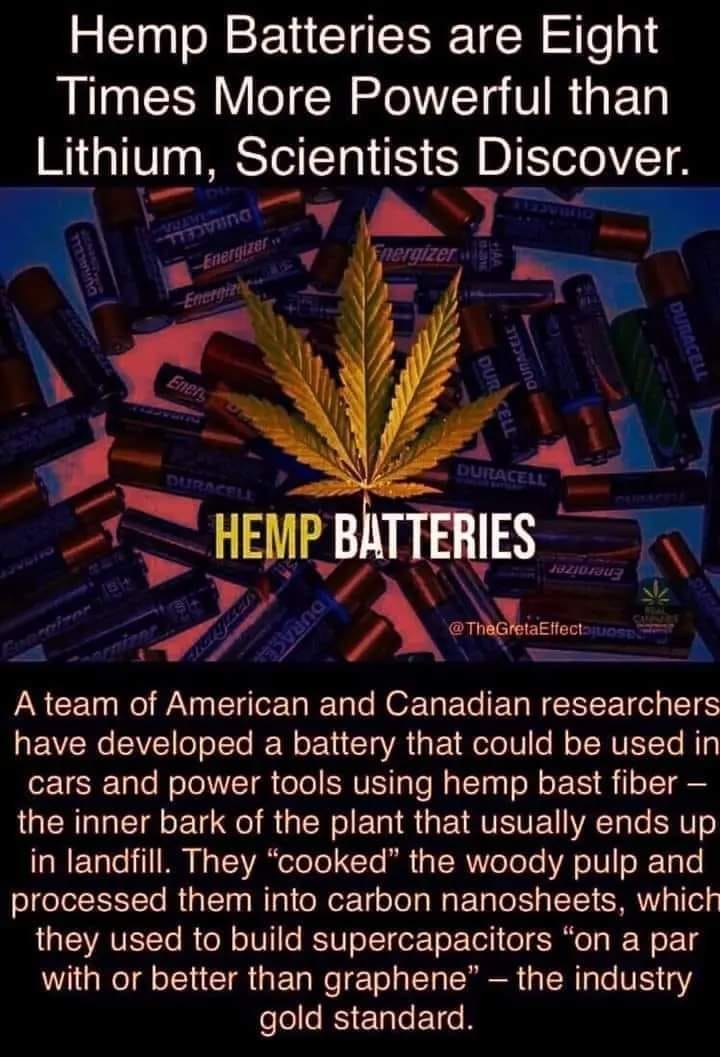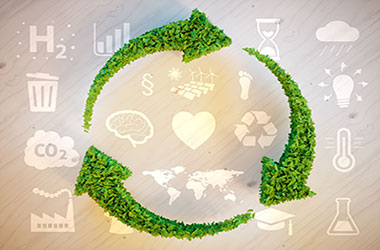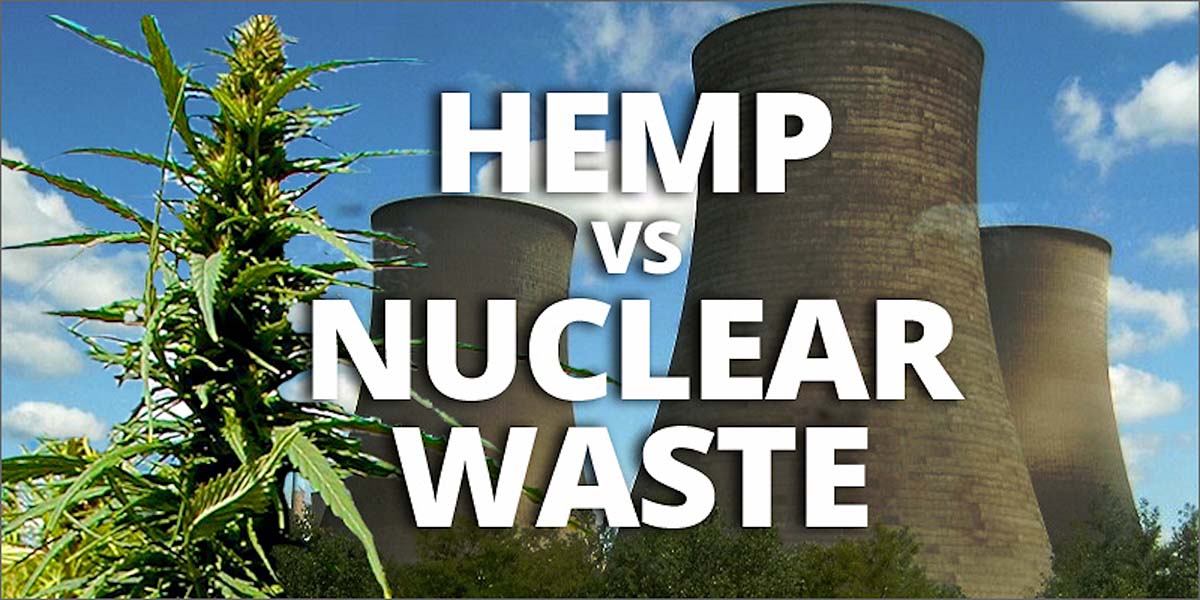
1. Sustainability and Environmental Benefits
Hemp is a remarkably sustainable crop, requiring minimal water, pesticides, and fertilizers compared to conventional crops. Its rapid growth cycle allows for multiple harvests per year, further enhancing its sustainability.
2. Economic Diversification and Job Creation
The cultivation, processing, and utilization of hemp can generate significant economic opportunities, creating new jobs and businesses in various sectors, including agriculture, textiles, construction, and biofuels.
3. Resource Efficiency and Waste Reduction
Hemp can replace a wide range of environmentally harmful materials, such as conventional plastics, paper, and cotton, reducing our reliance on these resources and minimizing waste generation.
4. Soil Regeneration and Improvement
Hemp has the remarkable ability to improve soil health by replenishing nutrients and organic matter, making it a valuable tool for sustainable agriculture.
5. Environmentally Friendly Building Materials
Hempcrete, a composite material made from hemp fibers and lime, is a sustainable and eco-friendly alternative to conventional building materials, offering excellent insulation, soundproofing, and fire resistance.
6. Natural and Sustainable Personal Care Products
Hemp-based personal care products provide a gentle and natural alternative to conventional products, offering skin and hair care benefits without harsh chemicals or environmental impact.
7. Nutritious and Sustainable Foods
Hemp seeds are a rich source of protein, fiber, and essential fatty acids, making hemp-based foods a healthy and sustainable addition to our diet.
8. Circular Production Streams and Waste Reduction
Hemp’s versatility allows for a wide range of applications, reducing the need for single-use plastics and other disposable materials, promoting circular production streams.
9. Innovative Applications and Research
Hemp offers a wealth of potential applications across various industries, from textiles and construction to pharmaceuticals and biofuels, fostering innovation and research.
10. Contribution to a Cleaner and Greener Planet
Switching to sustainable hemp production can significantly reduce our environmental impact, promoting a cleaner and healthier planet for future generations.











